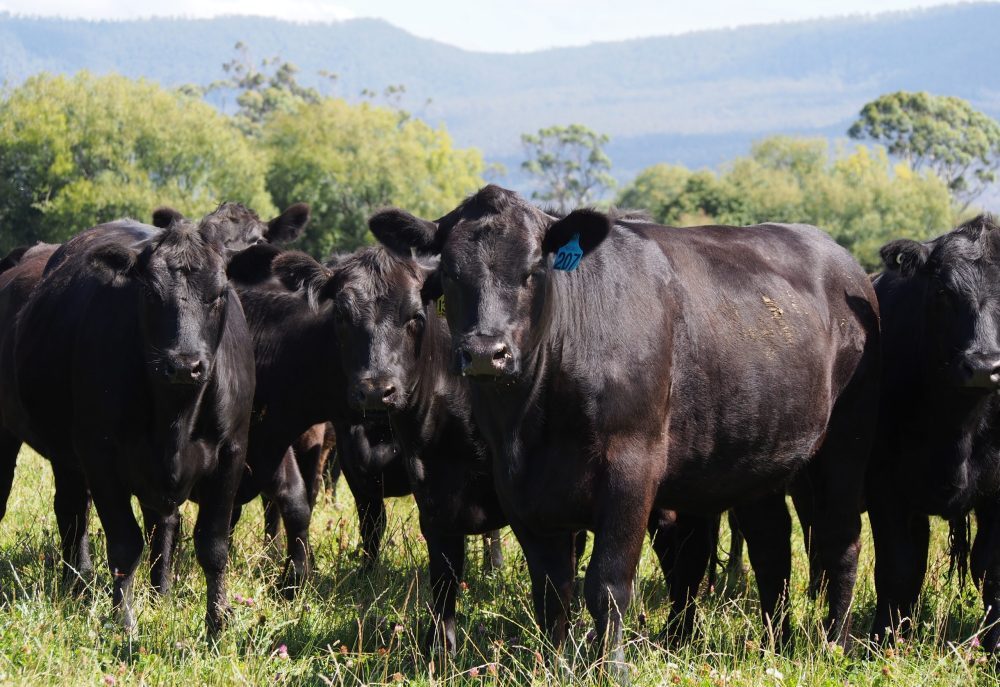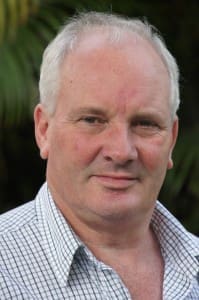
BEEF industry leaders from across the world are holding a summit in the Irish capital of Dublin to address anti-meat rhetoric and help attract scientists to the industry.
The 19-20 October event has coincided with new emissions legislation introduced in Ireland, which has some producers worried they will need to cull livestock.
A group of Australian delegates are heading over with University of Melbourne professor Neil Mann and Monash University professor Paul Wood making presentations. Well-known international scientists Frédéric Leroy and Peer Ederer are also scheduled for presentations.

Rod Polkinghorne
Dr Rod Polkinghorne, who is also heading over, said a group of meat scientists from across the world had raised concerns about the future of industry research, with young academics studying other fields. He said the group had done surveys and written papers on the issue.
“There’s less and less scientists and a lot of the pioneering and successful scientists have retired or are about to retire,” Dr Polkinghorne said.
“We have an industry that uses a lot of science, it is complex and technical, particularly with the growing reliance on robotics. But there is a real concern across the world that the base to do good science is not going to be there in 10-years-time.”
Dr Polkinghorne said growing anti-meat rhetoric was potentially discouraging young scientists from studying red meat.
“Our research found this rhetoric was a big part of the problem in attracting young scientists to the red meat industry,” he said.
“If you thought the meat industry was going to be gone by 2030, or it was climate unfriendly or animal unfriendly or plant-based meals were going to replace it at half the price, why would you study it?
Dedicated event focused on meat information
Dr Polkinghorne said the idea of holding the global beef summit in Dublin was to hold high level discussions about the role of meat in the world. He said it was organised by a group of independent scientists and deliberately not sponsored by the meat industry.
“We have meat scientist conferences and quite often you would hear about the anti-meat groups from someone like Frédéric Leroy – but that was only one hour of a two-day conference,” he said.
“So, we needed a single-purpose event to push this issue even further. We decided to call it a summit and make sure it is a really high-level meeting, not a scientific meeting but using scientists to make sure the facts are clear.”
Dr Polkinghorne said a lot of the information about meat was clearly wrong and many scientists were keen to set the record straight. He said the plan was to cover it in three main sections.
- The environmental impact – looking at the impact of beef on the environment and how policy is made.
- The societal impact – answering questions like “What happens if you take meat out of Africa?”
- Looking into the ethical implications on the beef industry in different areas.
Dr Polkinghorne said the organisers of the summit will then present a report based on the findings of the discussions.
“The idea is to have a very detailed and open conversation, before a report is peer reviewed and published,” he said.
“They may well re-present the report in Australia to try and get a discussion and some action on the issue.”
- “The Societal Role of Meat – what the science says” summit will be held on October 19-20 with a report to follow



Would love to get the report from this meeting in Dublin
Given current circumstances, this global beef summit may not turn out to be a good idea.
Section 1 discussion is an open invitation to closed minded environmentalists to attend, en masse, and to swamp the discussion, as they do with practiced efficiency.
Section 2 discussion offers an opportunity for the alternative to beef argument to be overpromoted, and given the acute food shortages in some areas of Africa, quoting Africa lends itself to arriving at the proposition that any alternative to beef is better than no beef at all.
Section 3 is almost a negative inevitability, if environmental gesturing is allowed to prevail in Sections 1 and 2.
Based on the above proposal, it is doubtful that the beef industry will emerge with a “highly commended” result from what may be a well intended examination in the name of science.
If this conference is genuinely about some scientists seeking to set the record straight in favour of the beef industry, which is well overdue, it has to be said, with apologies, that the foregoing does inspire confidence.